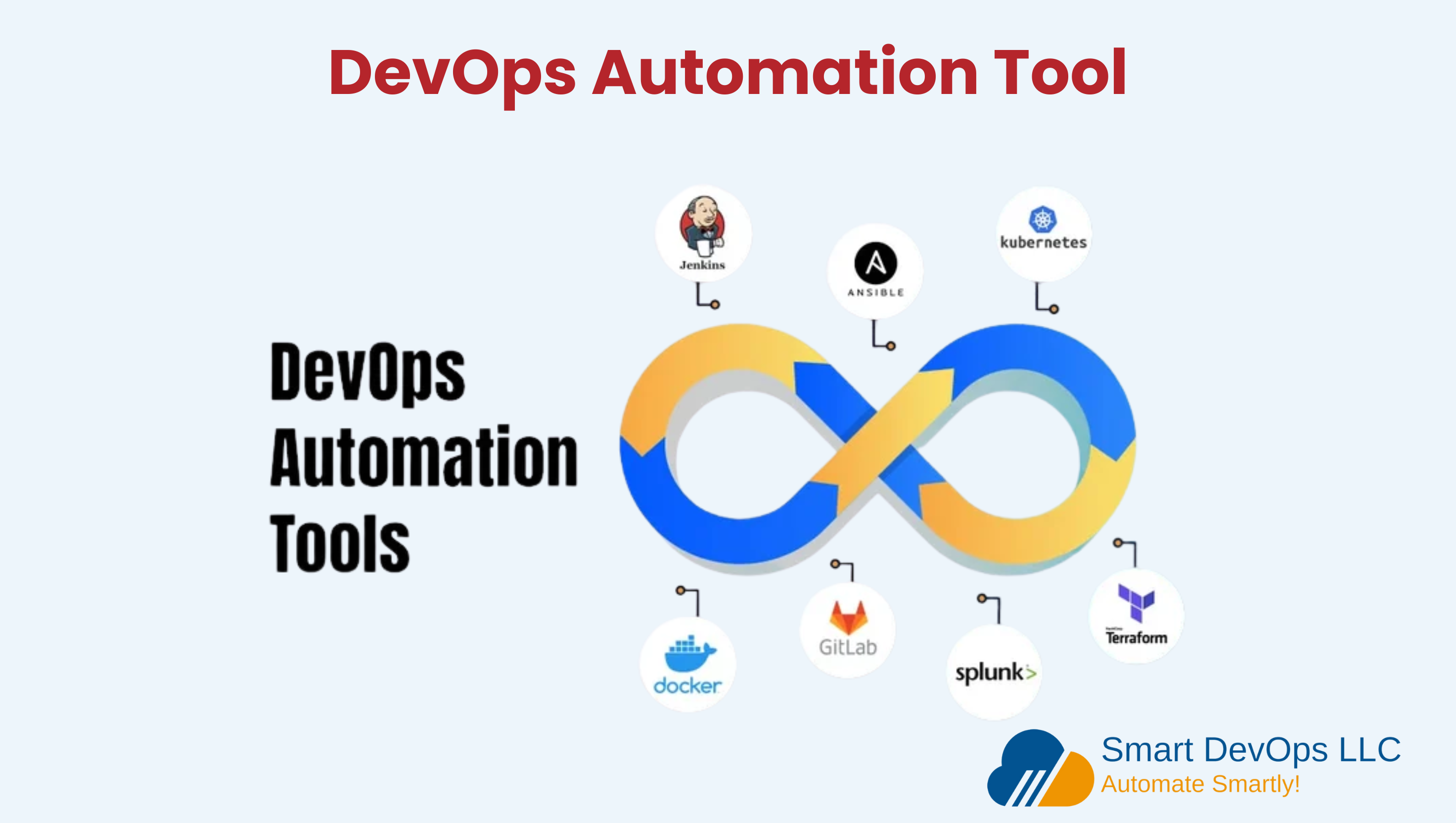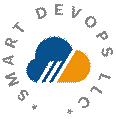
In 2025, DevOps automation remains the backbone of modern software delivery. From CI/CD pipelines to infrastructure as code (IaC), the right tools can accelerate innovation, reduce errors, and improve collaboration between development and operations teams.
At SmartDevOps, we help U.S. businesses adopt the right automation platforms to streamline cloud operations. Let’s explore the top DevOps automation tools in 2025 and why they matter.
1. Jenkins – The Classic CI/CD Workhorse
Jenkins continues to dominate the CI/CD landscape with its open-source flexibility and a massive plugin ecosystem. It supports automation for build, test, and deployment across diverse environments.
Strengths: Highly customizable, community-driven.
Best for: Teams needing flexibility and plugin-based integrations.
2. GitHub Actions – CI/CD Inside Your Repo
With the popularity of GitHub, GitHub Actions has become a natural choice for DevOps automation. It allows developers to create workflows directly from the repository without third-party tools.
Strengths: Seamless integration with GitHub, easy YAML workflows.
Best for: Teams already collaborating on GitHub.
3. GitLab CI/CD – All-in-One DevOps
GitLab CI/CD provides built-in automation from version control to deployment pipelines. Its all-in-one platform reduces tool sprawl and improves collaboration.
Strengths: Native integration with GitLab, strong security & compliance.
Best for: Enterprises seeking end-to-end DevOps in one platform.
4. Terraform – Infrastructure as Code Leader
Terraform by HashiCorp has become the go-to tool for infrastructure as code (IaC). It enables cloud provisioning across AWS, Azure, and GCP.
Strengths: Multi-cloud support, reusable modules.
Best for: Teams standardizing infrastructure automation.
5. Ansible – Configuration Management Made Simple
Ansible by Red Hat remains a leader in configuration management and orchestration. Its agentless architecture makes it lightweight and easy to deploy.
Strengths: Simple YAML playbooks, large module library.
Best for: Automating system configuration and app deployments.
6. Kubernetes – The Container Orchestrator
Kubernetes (K8s) has become synonymous with container orchestration. It automates deployment, scaling, and management of containerized applications, making it essential for cloud-native DevOps.
Strengths: Scalability, resilience, ecosystem support.
Best for: Teams running microservices and container-based workloads.
7. AWS CodePipeline – Native Cloud CI/CD
AWS CodePipeline integrates deeply with the AWS ecosystem, enabling continuous integration and continuous delivery in the cloud.
Strengths: Native AWS integrations, serverless scalability.
Best for: Businesses fully invested in AWS cloud.
How to Choose the Right DevOps Automation Tool
Not every tool fits every business. At SmartDevOps, we guide U.S. enterprises in selecting automation tools based on:
Cloud environment (AWS, Azure, GCP).
Team expertise & workflows.
Security & compliance needs.
Scalability requirements.
👉 Learn more about how we help businesses accelerate innovation in our DevOps Cloud Consulting Services
Success lies not just in adopting these tools but in implementing them with the right strategy, automation, and governance.
📞 +1 775-306-8065
🌐 Visit: SmartDevOps.ai
